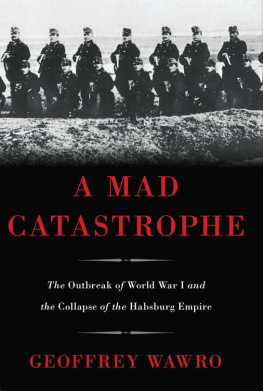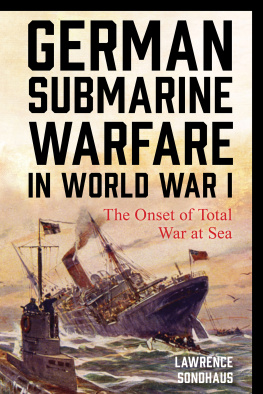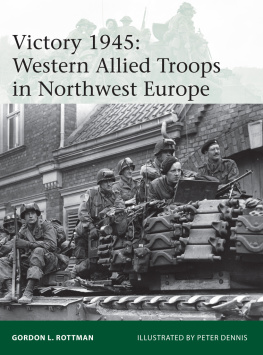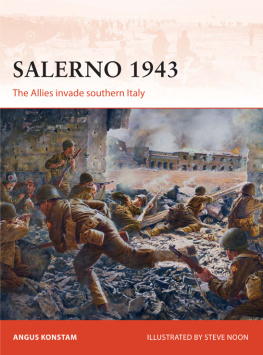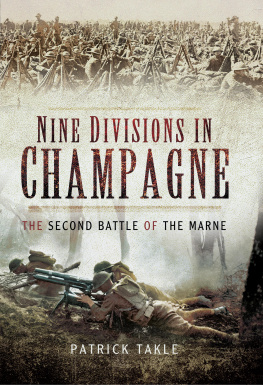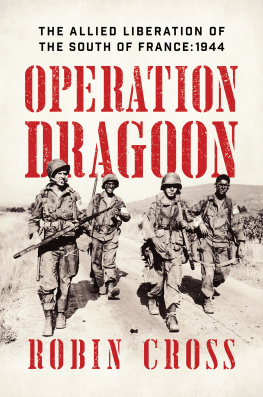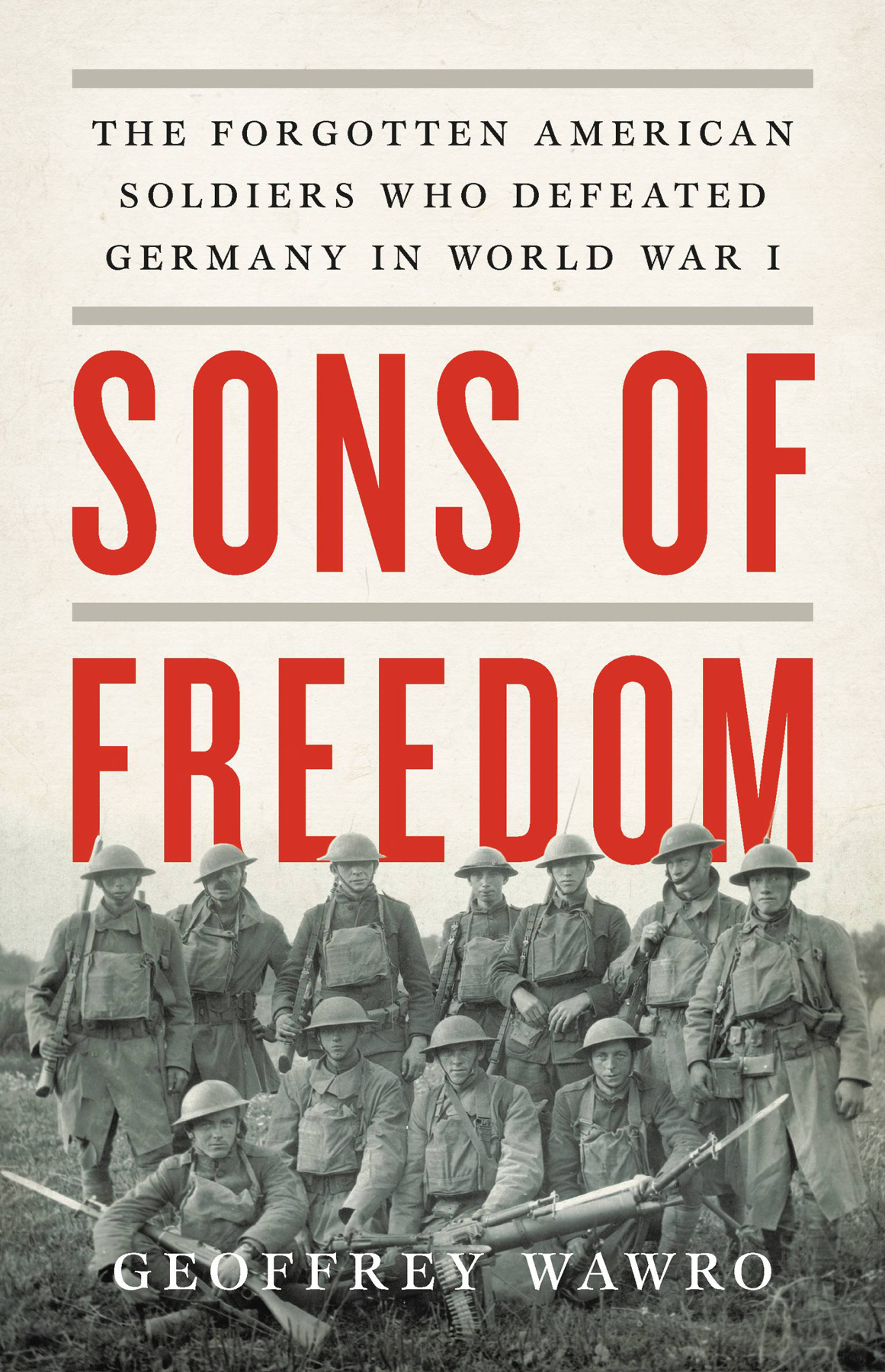I MET S IR M ICHAEL H OWARD WHEN I WAS A GRADUATE student at Yale, but I knew of him long before that. Browsing as a child through the legendary Johnny Appleseed Bookstore in Manchester, Vermonthaunt of Pearl Buck and Robert Frostmy parents made me a generous offer: choose any book you like. I chose Michael Howards The Franco-Prussian Warprobably more for its striking cover than its stirring prose. I was, after all, ten years old. Years later, as a graduate student, I was asked by Paul Kennedy to assemble a file to support Yales attempt to hire Michael Howard as the first Lovett Chair of Military and Naval History. In the ensuing weeks I read and reproduced articles and reviews for the file and began to appreciate all that Sir Michael had accomplished as a student, decorated officer in the Second World War, founder of the War Studies program at Kings College London, stalwart of Chatham House and the International Institute of Strategic Studies, organizer of the immensely valuable Liddell Hart Centre for Military Archives, translator and editor of the worlds standard English edition of Clausewitz, Chichele Professor of the History of War, and then Regius Professor of Modern History at Oxford.
Naturally I was awed by all of this, and all the more awed by his gracious and diligent reading of my dissertation drafts. When Sir Michael started at Yale, I was actually in Vienna researching in the Austrian archives. In that last period before email, I would trudge to the Technical University in the Karlsplatz, print chapter drafts on recycled paper with faded toner, mail them to Professor Howard, and wait. Eventually they would come back, lavishly marked up with corrections and suggestions. When I returned to Yale to write up the dissertation, he was no less helpful. He was also the first professor to insist that I lecture to his class. He was teaching an upper division course on Modern European warfare and thought it would be foolish for me not to teach the unit that overlapped with my dissertation research. As easy as that seems to me now, it was forbidding then, but essential for my development as a scholar and teacher.
Weve been friendly ever since, and he has given me all manner of good adviceon career, history, politics, travel, writing, and the ups and downs of academic life. Ive enjoyed his generous hospitality in New Haven and England and have learned much from him over the years. I dedicate this book to Sir Michael and to his salutary influence on the study of military history, which he expanded from the study of battles to the study of war and its intersection with politics, society, culture, business, and diplomacy, and its relevance to contemporary defense studies.
Any book on this scale requires the assistance of so many people. I must thank the archivists everywhere I researched: in the French Defense Archive in Vincennes, in the British National Archives in Kew, in the UK Parliamentary Archives in Westminster, in the Bavarian War Archive in Munich, the Austrian War Archive in Vienna, and, of course, in the US National Archives in College Park, Maryland. In Vienna, I must thank my friend and colleague Rudolf Jerabek, who helped me identify the Austro-Hungarian divisions that fought the Americans and the best sources on them. In College Park, Tim Nenninger was a great help, constantly suggesting document collections and later helping me secure the images for this book.
I am grateful to my colleagues in the History Department at the University of North Texas for their support, and especially to my close friend, Mike Leggiere, who helps me run the Military History Center at UNT. The College of Liberal Arts and Social Sciences provided critical research funds that paid for archive visits in Washington and Europe, as well as a tour of the American battlefields in France. On that tour, from Paris through the Aisne-Marne salient, into the caverns of the Chemin des Dames, along to Reims and the Blanc Mont, then to Saint-Mihiel and the Meuse-Argonne, I enjoyed the company of my good friend, Jim Dutchik, who thought the prospect of tramping through woods and hills, peering into moldering bunkers, and studying row upon row of war graves and memorials well worth the drive from Dsseldorf (where he works) to Chteau-Thierry (where my tour of the battlefields began). The US Army kindly awarded me a General and Mrs. Matthew B. Ridgway Research Grant to use their collections in Carlisle. In London, I was able to spend considerable time in key British archives because of the kindness of David and Caroline Noble, who put their Battersea flat at my disposal andto their delightthat of my two sons in the summer of 2016. In Washington, close to the National Archives in College Park, I benefited from the generous hospitality of my good friends, Steve and Vicky Connors, who very kindly let me use their house in Chevy Chase while I did the preliminary research for this book. In Dallas, I am grateful for the friendship of Cici Sepehri, who is always fun, supportive, and, as the Germans say, someone to steal horses with.


